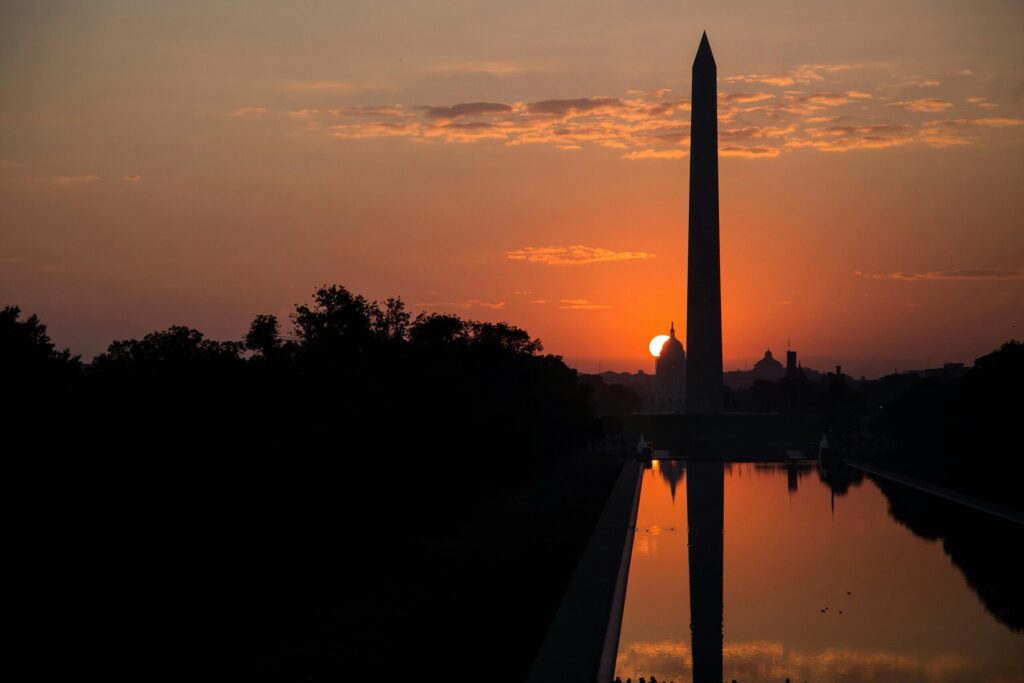As U.S. Climate Policy Enters New Phase, Uncertainty—and Opportunity—Define the Path Forward

With the 2024 U.S. election and the latest U.N. climate summit in the rearview mirror, Washington has become a battleground for climate policy and the outcome remains anything but certain. Corporate lobbyists, clean energy advocates, and government officials are scrambling to interpret shifting priorities in a capital now preparing for a second Trump presidency and a narrowly Republican-controlled Congress.
At the center of the debate is the future of President Joe Biden’s signature climate legislation: the Inflation Reduction Act (IRA). Passed in 2022, the IRA unleashed historic investments in clean energy and green infrastructure. But with political tides turning, questions now swirl over which parts of the law will survive.
A Policy in the Crosshairs—but Not a Full Repeal
Despite campaign rhetoric and partisan opposition, most analysts agree that a wholesale repeal of the IRA is unlikely. Instead, Republicans are expected to approach the law “with a scalpel,” trimming politically unpalatable provisions while preserving incentives that align with conservative priorities—like carbon capture and storage.
Tax credits for electric vehicles, on the other hand, appear particularly vulnerable. The August letter from 18 House Republicans defending parts of the IRA is now being closely dissected by industry insiders and policymakers for clues on what might be spared.
Yet, with President-elect Donald Trump preparing to take office and a Congress marked by only narrow GOP control, the future remains murky. “No one knows exactly what dynamic will play out,” one climate lobbyist admitted this week during a flurry of Hill meetings with corporate executives trying to protect their climate-linked investments.
The Loan Programs Office on the Line
Another focal point is the Department of Energy’s Loan Programs Office (LPO), which finances clean tech companies aiming to scale breakthrough innovations. The office has historically drawn criticism from conservatives who view it as government overreach—despite its track record of generating returns for taxpayers.
At Deploy24, a major clean energy conference held in Washington this week, LPO director Jigar Shah reassured companies that the office remains committed to its mission. “We’re operating the loan programs office as an institution,” he said during a media breakfast, signaling continuity amid political flux.
Trade Policy: The Wild Card in U.S. Decarbonization
While climate funding and tax policy are obvious battlegrounds, broader issues—particularly trade—could have profound implications for decarbonization efforts. Trump’s promised tariffs and protectionist policies could disrupt global supply chains critical to building clean energy infrastructure, from solar panels to EV batteries.
“If fully implemented, Trump’s trade agenda would shake the global economy,” one policy expert noted. “And that includes serious ripple effects for U.S. climate goals.”
Business Steps Up, But Will Washington Listen?
Still, there is an undercurrent of optimism. After years of public support but limited lobbying muscle, major corporations are now pushing climate policy higher on their political agendas. While their motivations may remain tied to the bottom line, the alignment between economic self-interest and decarbonization marks a significant shift in the conversation.
The open question is whether those voices—corporate, civic, and scientific—will be heard by the incoming administration. In a deeply divided political climate, the future of U.S. climate leadership may depend not just on policy mechanics, but on who shows up, and who policymakers choose to heed.
By Staff Writer, Courtesy of Forbes | June 21, 2024 | Edited for WTFwire.com
Source: TIME
: 264







